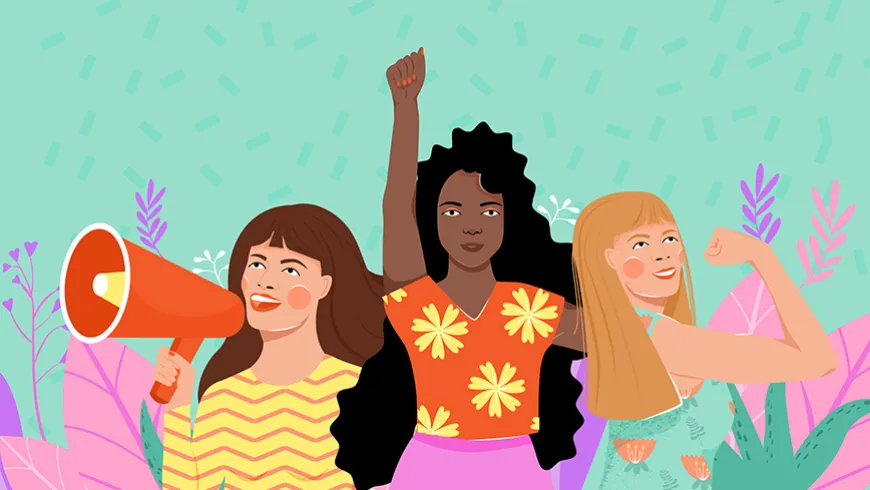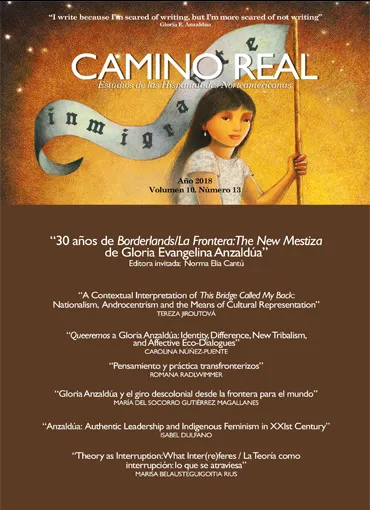
This article starts by conceptualizing Anzaldúa’s (and other thinkers’) approaches to poetry, queerness, identity, and difference from Borderlands (1987) to later works. Part two examines her thoughts on new tribalism, most of which appeared in Interviews/Entrevistas (2000), This Bridge We Call Home (2002), The Gloria Anzaldúa Reader (2009), and Light in the Dark (2015). Both sections also describe the possible dialogues between her poetry and prose. Part three takes dialogical connections further, by putting Anzaldúa into an affective eco-dialogue (my term) with contemporary feminists. The article’s thesis is that Anzaldúa’s queer way of feeling-thinking-being marked the style, themes, and goals of her oeuvre; furthermore, given her ability to go beyond binary oppositions by means of articulating difference in an affective, dialogical, and ecofeminist fashion, Anzaldúa must be considered a posthumanist philosopher.


